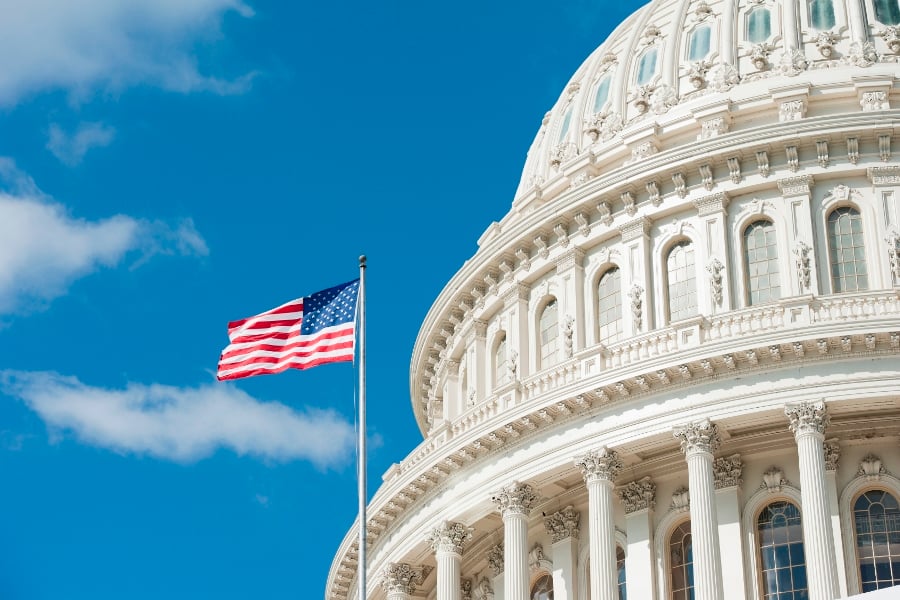Momentum in Congress to thwart a Labor Department proposal to raise investment advice standards for retirement accounts by cutting funding seems unstoppable. But proponents are looking to the history of the fight around the fiduciary duty and the long road ahead for optimism.
A couple weeks of action in both legislative chambers was capped off Thursday with the Senate Appropriations Committee
approving a spending bill that includes a provision to prevent funding for finalization or implementation of a fiduciary rule for brokers working with 401(k) and individual retirement accounts. The rider is part of legislation that provides $153.2 billion in fiscal 2016 for several agencies, including the DOL, the Department of Health and Human Services, and the Education Department.
Before the vote, the Senate Appropriations Committee defeated an amendment offered by Sen. Richard Durbin, D-Ill., to remove the DOL fiduciary rider.
“Why we would decide that's something we want to put in this appropriations bill, I don't understand,” Mr. Durbin said.
Sen. Susan Collins, R-Maine, responded that a delay is required for the DOL to do more work on the proposal.
“The problem with the Department of Labor rule is that it is far too sweeping,” Ms. Collins said.
The Senate move comes a day after the House Appropriations Committee
approved a similar rider in its version of the funding bill.
The riders reflect opposition from the House and Senate Republican majorities to the DOL proposal, which was
introduced in April and is designed to reduce conflicts of interest for brokers working with retirement accounts. Critics say it would significantly raise liability risks and regulatory costs for brokers and potentially force them to abandon investors with modest retirement savings.
Even though an appropriations rider is the most efficient way to kill an administration policy, supporters of the rule say the riders could be stripped prior to enactment of a final spending bill.
The Financial Planning Association sent about 65 of its members to Capitol Hill on Wednesday for 80 meetings with lawmakers and congressional staff. Fighting the riders was at the top of their agenda.
“Mostly, we heard that the whole process isn't over,” said Karen Nystrom, FPA advocacy team leader. “This is not the end, if the riders go through.”
The appropriations process will continue into the fall, when the government fiscal year ends Sept. 30. At that point, if Congress has not approved individual spending bills for certain government agencies, it could roll them all up into an omnibus funding bill, as it did last year.
As lawmakers negotiate a huge spending agreement, riders can be in flux.
“It's not a done deal,” said Barbara Roper, director of investor protection at the Consumer Federation of America. “The deal making on a big omnibus like that is so intense, riders could fall by the wayside.”
But unlike last year, when
a similar rider to stop the DOL rule was not included in an omnibus spending bill, Republicans now control both the House and Senate. It's too early to tell what the ultimate fate of the riders will be, said Jason Rosenstock, a partner at Thorn Run Partners, but they will stay in play throughout the appropriations process as the DOL continues to work on the rule.
“The riders are clearly a mark that Congress is going to keep an eye on what the department is doing on this,” Mr. Rosenstock said. “It's going to keep pressure on the department to be responsive to some concerns that Congress and the industry have identified.”
Earlier in the week, Labor Secretary Thomas Perez
indicated he will forge ahead with the rule despite the noise from Capitol Hill.
“I see no sign that they're wavering in their commitment to finalizing a rule,” Ms. Roper said.
Most lobbying around the DOL rule is meant to stop it, according to Ms. Nystrom. The FPA contingent provided a different perspective.
“What we heard over and over again was, 'You are the first voice of reason we've heard instead of just saying it's unworkable,'” Ms. Nystrom said. “I think they were listening.”







